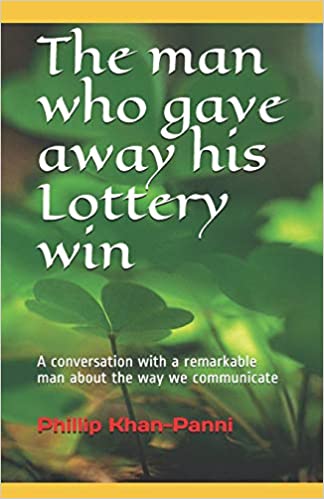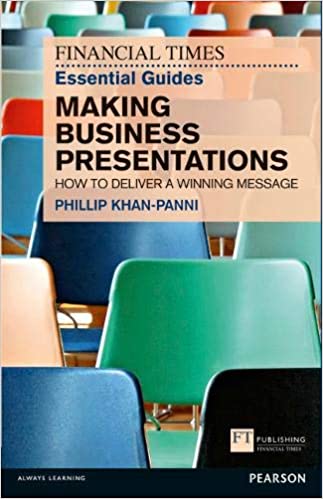Well, Ophelia came and went. Ireland was in lock-down, with public transport cancelled and schools closed. The advice was to stay indoors until the storm had passed.
I went out before the storm arrived and found the supermarket busy with people stocking up for a siege, but there was a hush in the air, an expectancy like waiting for the coffin at a funeral.
Around midday the wind grew stronger and a couple of hours later Ophelia was shaking the trees angrily. Strong gusts swept the grass from the south and then from the east, and the rain came but was uncertain where to land. And then the power was cut. Without electricity we could nothing but wait.
When it suddenly came back on, we turned on the television to find out what was happening around the country. It seems we had been lucky. Trees were down and many roofs had been torn off. But around here all was well, except for two smallish trees on the estate. Ophelia had come and shouted a bit, then passed on.
A neighbour’s cat turned up, looking for treats, signalling the all clear.
Not the Beeb
I’ve been listening to broadcast discussions both on TV and radio and am struck by the difference from the BBC.
Here, there is often a scramble for dominance, with studio guests speaking loudly over one another, unchecked, so that it’s hard to make out what is being said. On radio it is worse, because there is only one channel of communication, and that is being filled by more than one voice. On TV you can at least see all who are speaking.
The moderators don’t check them strongly enough. It’s not just about discipline. It’s about understanding the broadcast medium. It’s better on the Beeb.
Irritation marketing
I waste a lot of time. I get over 200 emails a day and delete most of them without opening. But sometimes I pause and open one. Bad mistake.
There’s an offer I like the look of, at an irresistible price, so I click on the relevant link. That takes me to a page of detail about the offer, which I have to read because that’s what I am buying. Now I have to click the Add to cart button, and that’s when the problems begin.
You see, I have allowed myself to be interrupted in what I was doing, to buy something on the hoof. It’s like walking down the street on my way to a meeting, and I pause at a stall to make an impulse purchase. Pay and run. But not with email marketing. Here nothing is instant.
I now have to deal with a succession of upsells, each several pages long. There’s no shortcut to the checkout, and by the time I get there I hate the vending company and I find they have added a tax that was not mentioned at the start. Another irritant.
I have finally unsubscribed from all their lists.
Being succinct
A good word, succinct. It means terse or concise and is related to cinch and cincture, meaning a belt or girdle.
Referring back to what I wrote above (Not the Beeb), I remember thinking that if you listen analytically, you’ll notice how much airtime is filled with words that add nothing new to the narrative.
In fact there are three categories of words uttered in a panel discussion: 1. Words that carry information and move the discussion along. 2. Words that “tail off” after the point is made, and often get cut off by the chair person or moderator. 3. Words that simply fill the space with sound.
Being succinct is about limiting yourself to category 1.

